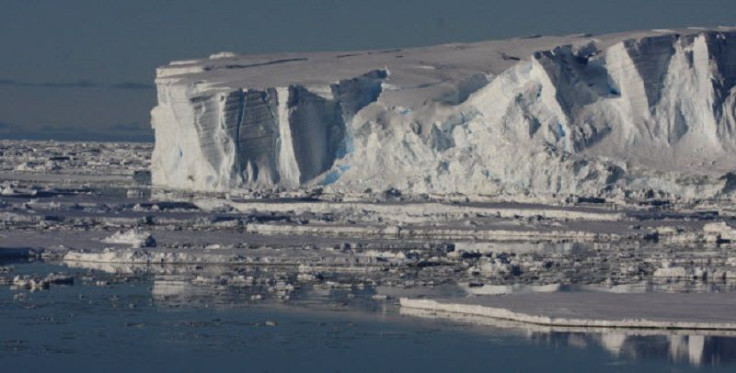CSIRO’s Ice Lab will remain open, but some scientists doing ice core analysis at risk of losing jobs

Besides CSIRO climate change expert Dr John Church, who got a termination notice while on a research trip between Antarctica and New Zealand, other scientists who would likely be declared redundant include those doing ice core analysis.
David Etheridge, head of the Law Dome in Antarctica, has been assured by CSIRO bosses he would not lose his job, but some of his staff performing ice core analysis would. Because the Ice Lab has the most reliable record of greenhouse-gas emissions for the past 2,000 years, it would remain open.
However, even Etheridge agrees the job cuts would negatively impact palaeo-climate research and the climate models that rely on the lab, reports Nature. Malte Meinshaushen, a climate modeller at the University of Melbourne and Potsdam Institute for Climate Impact Research, points out that climate models rely heavily on the Law Dome’s record.
These climate models predict the degrees of warming that would occur under various greenhouse-gas emission scenarios, Meinhaushen, adds. Also at risk are Australia’s contribution to Maryland-based AERONET, the world’s largest ground-based network of aerosol sensors to verify aerosol measurements made by satellites which could sometimes be ambiguous. Because of the job cuts, Brent Holben, the leader of AERONET, which is led by NASA, wrote on May 1 to CSIRO to ask the agency to reconsider the cuts.
In response to Holben’s letter, CSIRO said in a statement, “CSIRO is working with partners to identify the most efficient way of delivering the work.”
Meanwhile, Reneweconomy reports that a new report from CSIRO, published on Tuesday to mark the launch of the agency’s new business advisory service, says it would place Australia’s energy focus on fossil fuel exports and other technologies needed to best exploit those resources. It would clash with the Coalition’s preference to keep the Australian economy tied to coal and gas despite the global trend toward decarbonisation.





















